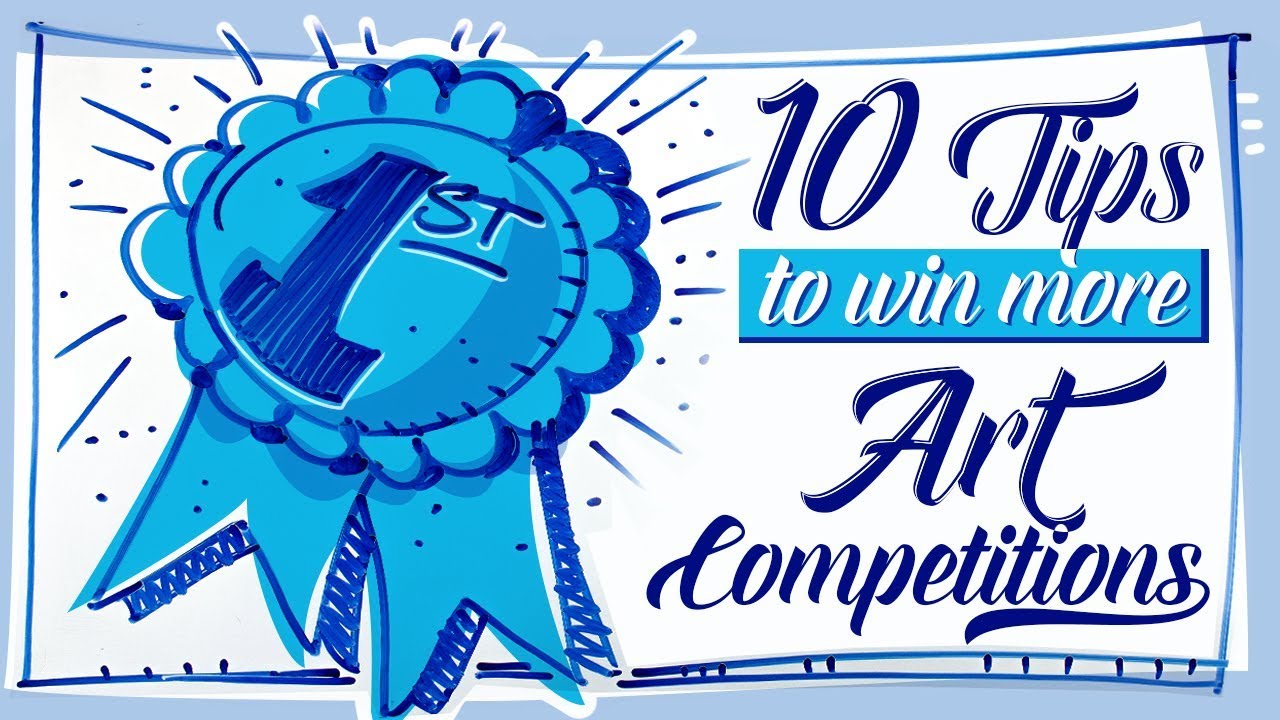Jak vyhrát v soutěžích

Winning competitions is something many strive for, whether in sports, academic challenges, or contests in various fields. Did you know that according to recent studies, around 70% of participants feel anxiety before entering a competition? This statistic reveals the psychological aspect of competition, highlighting the necessity to prepare effectively not just physically but also mentally. In this article, we will explore comprehensive strategies to enhance your chances of winning in competitions, addressing varying levels of expertise and types of contests.
Throughout this article, you will learn about effective strategies in developing a **winning mentality**, mastering the skills required for your specific competition, and practical tips that will give you that extra edge. We will cover various essential aspects, including research methodologies, practice routines, and psychology preparations to ensure that you are fully equipped to face any competition head-on.
So, let’s dive into the world of competitions and discover how you can improve your chances of success.
Understanding the Competition
The first step in winning any competition is to understand the nature of the contest itself. This involves thorough research and observation.
Researching the Rules and Regulations
Before entering a competition, it’s crucial to understand the rules clearly. Each competition has its unique set of guidelines and judgments that define what is required from the participants. Make sure to
- Read the rules carefully: Obtain all documentation related to the competition and familiarize yourself with its requirements.
- Identify key judges or evaluators: Understanding who will be judging can give you insights into what they value most.
- Analyze past winners: Looking at previous champions can provide useful tips on the effective strategies that worked for them.
Understanding Competitors
Competitive analysis is as important as understanding the contest itself. Observing your rivals allows you to:
- Identify strengths and weaknesses: Knowing what your competitors excel at and where they struggle can shape your strategy.
- Pinpoint unique tactics: Some might employ unconventional methods that yield positive results. Learning about these can give you an edge.
- Build camaraderie: Networking with competitors can lead to beneficial relationships and shared knowledge in the long run.
Setting Clear Goals
Once you have analyzed the competition, it’s essential to set specific, measurable, achievable, relevant, and time-bound (SMART) goals. Having clear objectives not only provides direction but also enhances focus and motivation as you prepare.
Preparation Strategies
Preparation is critical in achieving success in any contest. Here are methods that you can employ to enhance your readiness.
Developing Required Skills
Depending on the competition, developing a skill set pertinent to the contest is essential. Here’s how to go about it:
- Take classes or workshops: Many competitions benefit from structured learning. Enroll in relevant courses or workshops.
- Practice consistently: Regular practice goes a long way. Create a routine that allows you to consistently hone your skills.
- Seek feedback: Engaging with mentors or peers who can evaluate your performance can help refine your skills.
Mental Preparation
Winning isn’t just about physical skills; mental fortitude is essential:
- Visualization techniques: Picture yourself performing successfully in the competition. This method prepares your mind and builds confidence.
- Mindfulness and relaxation exercises: Practices such as meditation can help in reducing anxiety and improving concentration during intense moments.
- Positive affirmations: Repeating positive statements about your abilities can significantly boost self-confidence.
Physical Conditioning
For many competitions, being in peak physical condition is crucial:
- Tailored workout plans: Depending on your competition, engage in a workout regimen that enhances your stamina, strength, and agility.
- Rest and recovery: Ensure adequate rest to allow your body to recover and stay fresh.
- Nutrition: A well-balanced diet fuels your body and sustains energy levels leading up to the competition.
Competing Effectively
When the time comes to compete, having a solid strategy can set you apart from the rest.
Strategic Planning
Adopt a strategic approach on the day of the competition:
- Time management: Organize your time efficiently leading up to your event to avoid last-minute chaos.
- Warm-up routines: Engaging in pre-competition routines prepares your body and mindset.
- Emotional regulation: Practice strategies to stay calm and composed regardless of external pressures.
Adaptability
The ability to adapt during the competition can significantly influence your results:
- Be observant: During the competition, keenly observe the surrounding dynamics and be ready to adjust your tactics accordingly.
- Learn from immediate feedback: Competitions may present unexpected challenges; quickly adjusting based on feedback can prove advantageous.
- Stay resilient: Maintain a positive outlook, even when facing setbacks during the competition.
Engagement and Networking
Interaction with fellow competitors can be vital:
- Build connections: Networking allows you to learn from others and potentially open doors for future collaborations.
- Share experiences: Discussing perceptions and outcomes post-competition can offer valuable insights for improvement.
- Celebrate successes: Regardless of your outcome, celebrating efforts can foster growth and community.
Post-Competition Reflection
After the competition, evaluating your performance is crucial for continuous improvement.
Analyzing Performance
Spend time reflecting on your competition experience:
- Identify successes: Recognize what went well during the competition to replicate in the future.
- Analyze failures: Understand where and why things didn’t go as planned, which provides insight for future improvement.
- Seek external feedback: Talking with mentors or coaches can offer additional perspectives that you may have missed.
Implementing Lessons Learned
Translate your reflections into actionable plans:
- Adjust training methods: Incorporate feedback into your practice regime to address weaknesses identified during the competition.
- Refine strategies: Optimize your competition approach based on insights gained from the latest experience.
- Set new goals: Establish more focused goals for your next competition to promote continued personal growth and development.
Conclusion
Winning in competitions is not solely dependent on talent; it involves a combination of research, preparation, adaptability, and reflection. By following the strategies outlined above, individuals can significantly enhance their performance. Remember that participation in competitions itself is valuable; every experience provides an opportunity for growth. With continued dedication and the right mindset, you will not just compete—you will thrive.
Don’t forget to explore related resources to deepen your understanding and refine your skills further: Article on Preparation Techniques and Guide to Mental Conditioning. Good luck on your journey to success!
